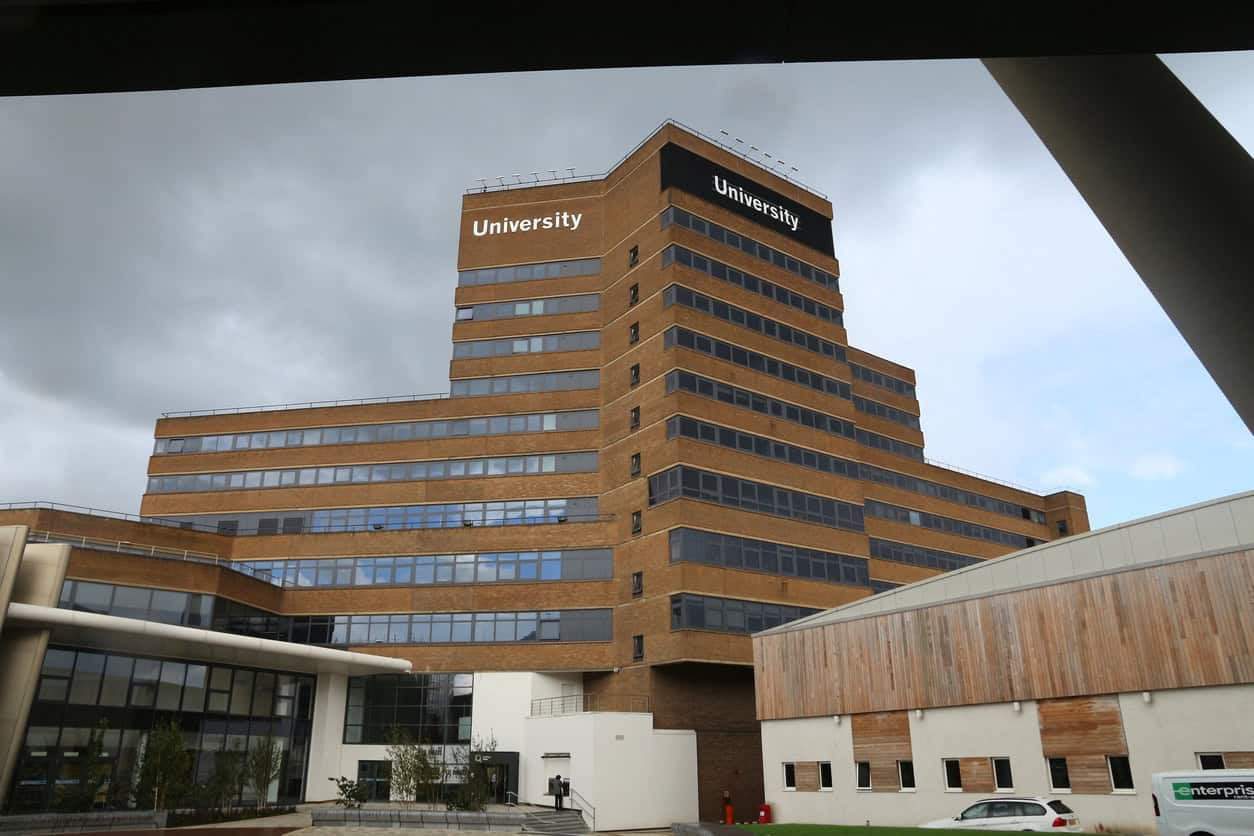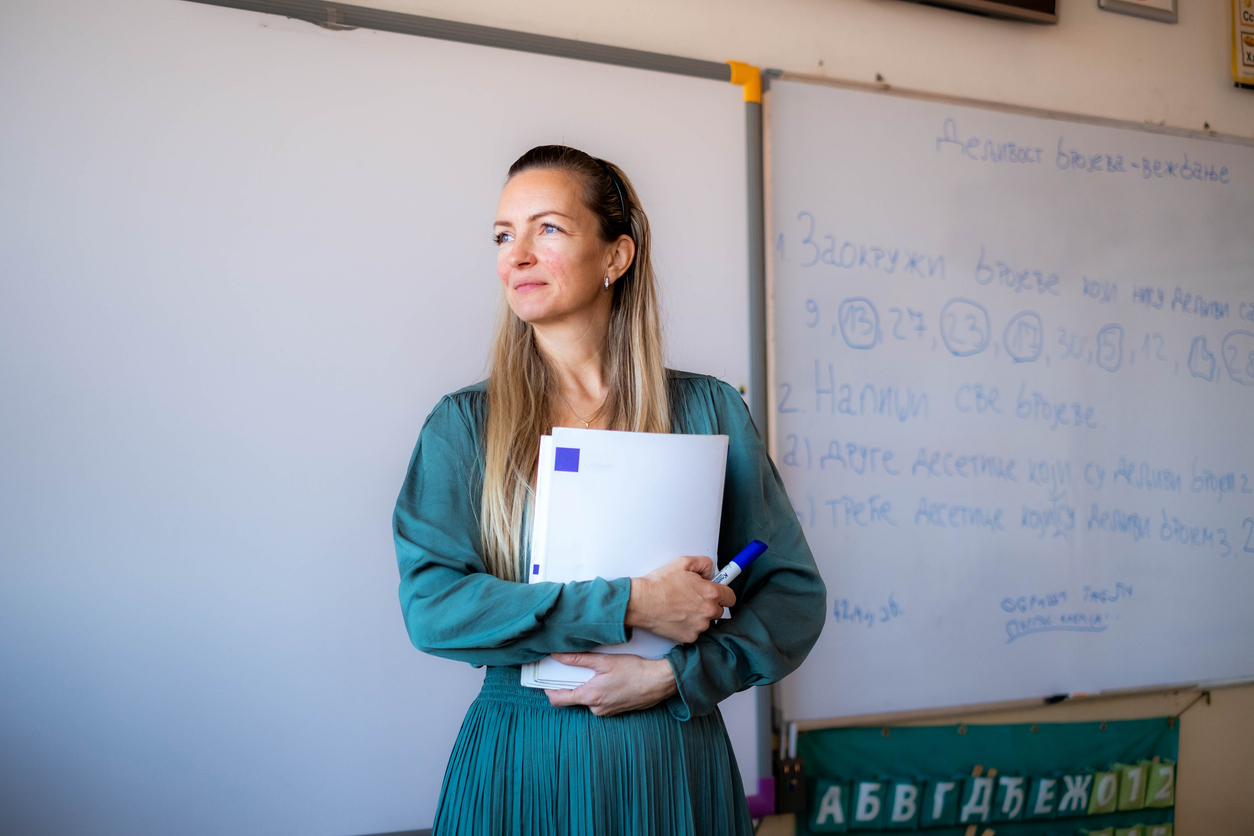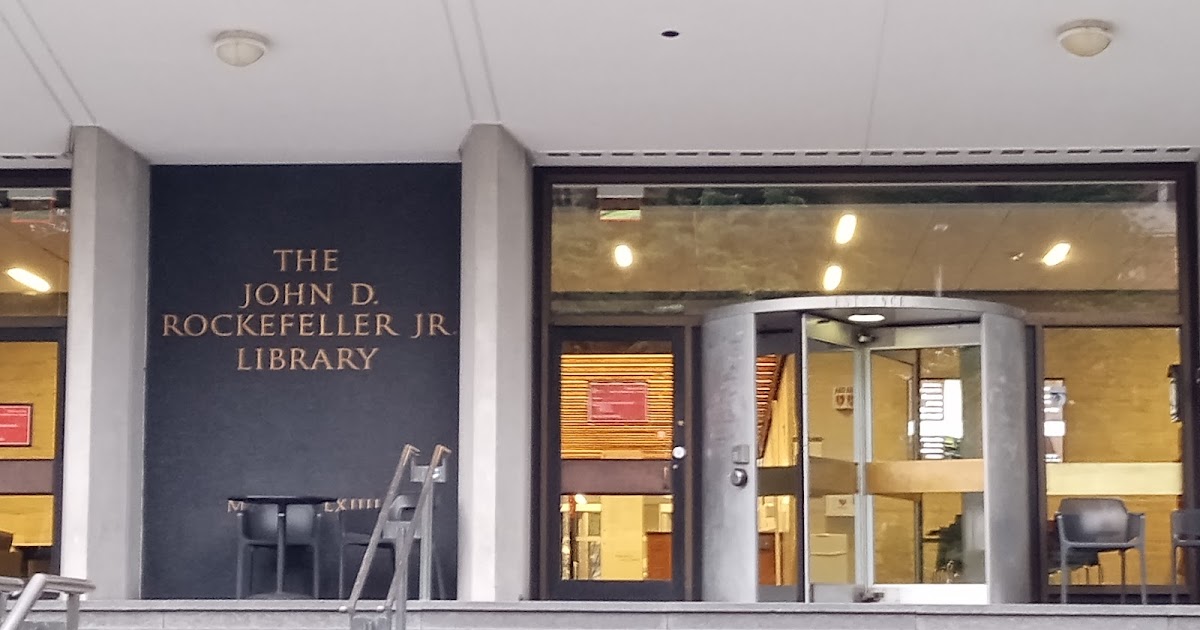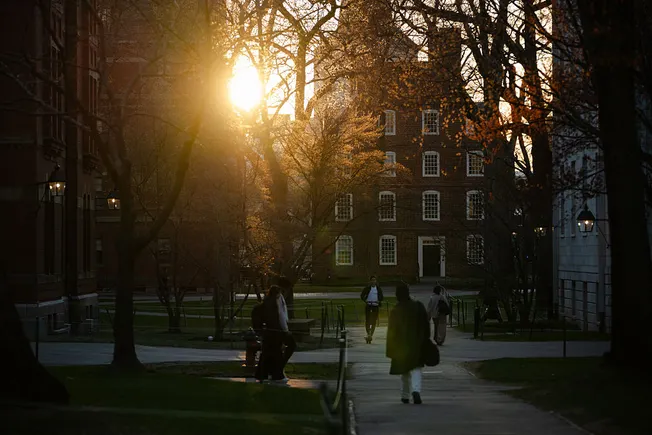Join HEPI and Advance HE for a webinar on Tuesday, 13 January 2026, from 11am to 12pm, exploring what higher education can learn from leadership approaches in other sectors. Key topics will include innovative approaches to recruitment and diversity, and how to ensure future sector stability through effective leadership. Sign up here to hear this and more from our speakers.
This blog was kindly authored by Sholto Lindsay-Smith, Founder Director at Industry.
Universities have always had brands, long before they had brand guidelines. Their names carry weight, their reputations shape choice, and their architecture and tone say as much as any visual identity ever could. But as competition intensifies and finances tighten, branding is being used differently. It is no longer just a way of expressing who you are; it is increasingly seen as a tool to fix who you have become.
When brand becomes a quick fix
That shift has made brand strategy more visible, but not always more meaningful. Some institutions reach for branding too early, hoping design or language can solve deeper issues of identity. Others turn to it too late, treating it as an afterthought once major structural changes are already in motion. Either way, brand becomes detached from truth.
The University of Bolton’s plan to rename itself the University of Greater Manchester captured this tension perfectly. The logic was clear: broaden recognition, attract international students, and align with a region better known abroad. Yet the reaction from local MPs, alumni and commentators revealed discomfort at the idea that relevance could be borrowed. In chasing prestige, the university risked diluting the story that made it distinctive while blurring the line with its established neighbour.
If Bolton represents the outward pursuit of stature, the University of Warwick’s 2025 rebrand shows the opposite instinct: refinement. The new identity is modern and assured, visually linked to the university’s Brutalist architecture and centred on the word “Beyond.” It projects ambition and clarity, yet feels detached from the lived experience of a dynamic, human and intellectually alive campus. Capturing a university within a single narrative will always be difficult.
Together, these examples show a pattern. Universities are reshaping how they appear before clarifying what they stand for. Branding becomes a way to project control and confidence in an uncertain market. But when meaning is unresolved, those choices risk feeling cosmetic: tidy, professional and slightly hollow.
Reclaiming substance
The strongest university brands start from substance, not style. Their distinctiveness lies in how they interpret their purpose: curiosity made public at Oxford, invention woven into MIT, civic service at Manchester. These are not slogans; they are living narratives.
The universities founded in the 1960s, Warwick, Sussex, York and others, were built on a different kind of ambition: a post-Robbins optimism that saw higher education as a national engine of progress. Their founding principles championed interdisciplinarity, access and relevance to society. Many still reference innovation in their brand stories today, but the opportunity lies in making that spirit tangible again by translating institutional ambition into lived experience.
Branding through change
That same search for identity now plays out at an organisational level. Across the UK and Europe, alliances and mergers are accelerating as universities seek scale, stability and shared purpose. Yet branding often enters too late, once the legal and operational frameworks are fixed, rather than guiding the process from the start.
A Forvis Mazars paper on college mergers quoted Benjamin Franklin’s line that “an ounce of prevention is worth a pound of cure”: a reminder that the time to define purpose is before the process begins. When brand is part of that conversation early, clarifying mission and aligning cultures, it can hold the whole thing together. When it is left to follow, it merely papers over the cracks.
Different models show what is at stake. The partnership between Greenwich and Kent, which share a parent brand but retain distinct operating identities, shows how collaboration can create scale without erasing individuality. By contrast, City and St George’s have chosen full integration under a single name and structure. Each route carries trade-offs: one balances collaboration with complexity; the other clarity with compromise.
Coherence before appearance
Ultimately, effective university branding is not about logos or taglines. It is about coherence: aligning purpose, place and perception so that every expression, visual or verbal, reflects who the institution is and what it stands for. Expression gives form to meaning, turning strategy into something people can see, feel and trust.
For governing bodies and executive teams, brand coherence should be treated as a leadership issue, not a design one. When meaning comes first, design becomes not decoration but evidence.
The universities that thrive will be those that resolve meaning before appearance, modernising without flattening, expressing ambition without abstraction, and using brand to clarify meaning rather than replace it. That might mean articulating what makes their teaching distinctive, defining research specialisms, or strengthening their role in civic and social innovation.
Because the question facing higher education is not how to look relevant, it is how to be relevant.








